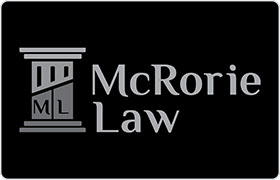Edmond Child Custody Lawyer, Oklahoma, page 3
Sponsored Law Firm
-
 x
x

Click For More Info:
-
McRorie Law PLLC
2964 Via Esperanza Edmond,OK 73013» view mapFamily Law, Accidents, Wills & Trusts Oklahoma Divorce & Family Lawyer
I ensure each one of my clients is treated with the utmost dignity and respect. As part of this philosophy, I believe in transparency and honesty. I offer free consultations.
800-920-9461
Includes: Guardianships & Conservatorships, Custody & Visitation
John Byron Combs
Real Estate, Contract, Guardianships & Conservatorships, Wills & Probate
Status: In Good Standing
John Byron Combs
Contract, Guardianships & Conservatorships, Wills & Probate, Property & Casualty
Status: In Good Standing
Martin Postic
Estate Administration, Estate Planning, Guardianships & Conservatorships, Elder Law
Status: In Good Standing

 Matthew McRorie Edmond, OK
Matthew McRorie Edmond, OK About UsMatthew McRorie
About UsMatthew McRorie Contact UsCall or Email Today
Contact UsCall or Email Today
